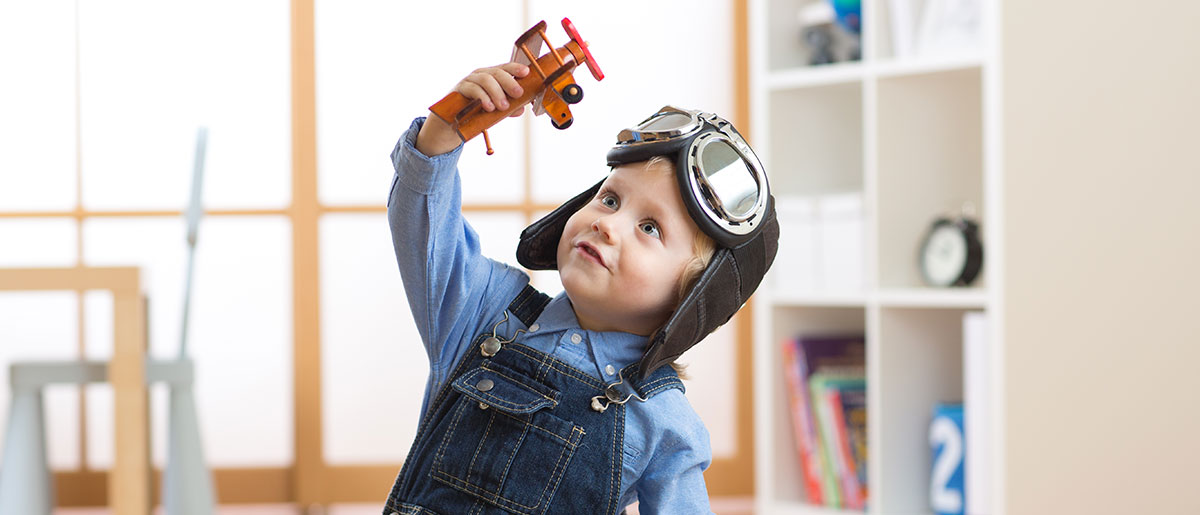Every child is unique, and children don’t all reach key development milestones at the same time. Development is measured in three key areas: motor development, social development, and communication (language). Knowing what development stages to expect can help you as a parent to create a stimulating environment for your child.
| | Motor development | Social development | Language development |
|---|
1 to
2 years
| - Gets from sitting to standing position on his own
- Takes his first steps
- Can throw a ball
- Can drink from a cup
- Stacks items or places them into a container
- Dances (or waddles!) to the sound of music
| - Plays alongside other children, but not necessarily with them
- Eats with the family and feeds himself
- Imitates your actions
| - Can pronounce a dozen words but understands many more
- Tries to speak in sentences, but usually incomprehensible
- Knows many gestures, such as pointing at something he wants
|
2 to
3 years
| - Shows improved dexterity (can hold and draw with a crayon, eat with a fork, etc.)
- Likes to run, jump, climb, etc.
- Can complete simple puzzles
- Is able to dress and undress himself to a certain extent
| - Can play alone and concentrate on one thing
- Is more social playing alongside other children, but still doesn’t fully understand the idea of sharing
- Likes to play pretend
- Starts to show empathy
| - Speaks in small sentences (2-4 words)
- Is curious and asks questions
- Understands concepts (e.g. hot vs. cold)
- Knows the number 2 (as in 2 of something)
|





